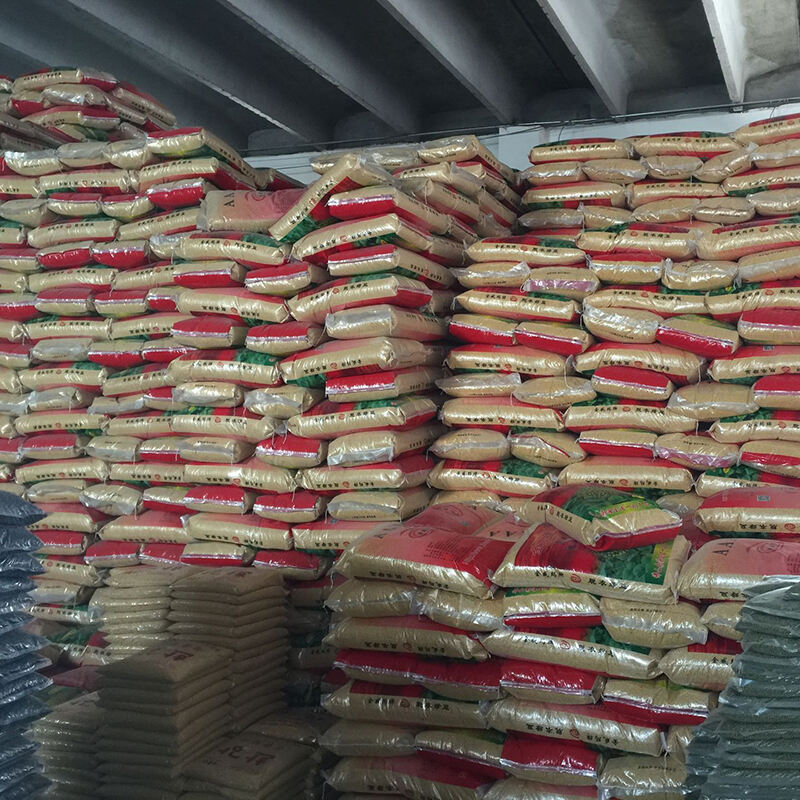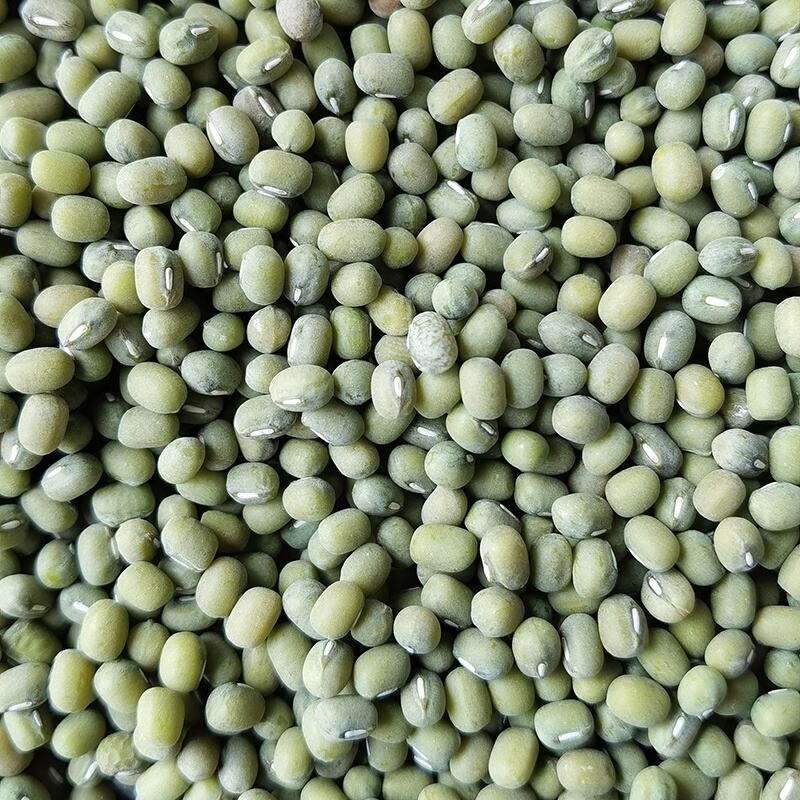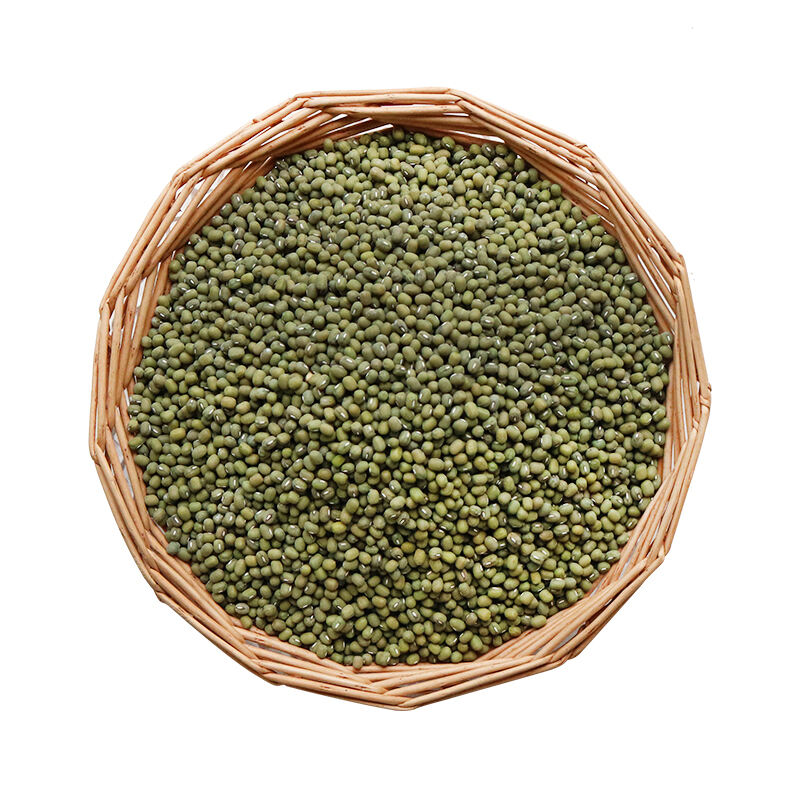fresh mung beans
Fresh mung beans are nutritious legumes that have been a staple in Asian cuisine for thousands of years. These small, emerald-green beans are packed with essential nutrients, including protein, fiber, antioxidants, and various vitamins and minerals. When harvested at peak freshness, mung beans maintain their optimal nutritional profile and possess a sweet, nutty flavor that distinguishes them from other legumes. The beans are versatile in their applications, serving as excellent ingredients in both savory and sweet dishes. They can be consumed whole, sprouted, or ground into flour. Fresh mung beans are particularly valued for their digestibility and quick cooking time compared to other legumes. They contain significant amounts of folate, iron, and magnesium, making them an excellent choice for maintaining overall health. The beans are also notable for their low glycemic index, making them suitable for individuals managing blood sugar levels. In agricultural terms, mung beans are relatively easy to cultivate and store, requiring minimal processing to maintain their freshness and nutritional value. Their natural resistance to certain pests and diseases makes them an environmentally sustainable crop choice.


